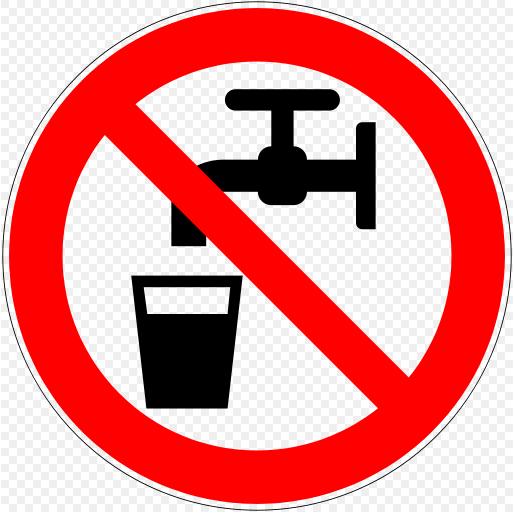International publication of a new study by Ben-Gurion University of the Negev researchers: the study has far-reaching implications for the processes of wastewater recovery by desalination using membrane means

The presence of certain chemical groups originating from bacterial populations found in municipal sewage accelerates the precipitation of calcium phosphate, a hard soluble salt whose components are found in this water, while other chemical groups inhibit it. This is according to a new study carried out by researchers at Ben-Gurion University of the Negev and recently received international publicity .
The research was carried out by the student Zvi Steiner as part of the requirements for the master's degree in science, under the guidance of Dr. Roni Kasher and Prof. Yoram Oren from the Zuckerberg Institute for Water Research at the Blaustein Institute for Desert Research and under the guidance of Dr. Hana Rappaport from the Department of Biotechnology Engineering.
The results of this study have far-reaching consequences for wastewater recovery processes by desalination using membrane means (for example, reverse osmosis). Precipitation of salts such as calcium phosphate on the surface of the membranes impairs the efficiency of these processes. The results of the research explain some of the sedimentation mechanisms and even point to the possibilities of controlling the salt sedimentation rate on the membranes and significantly reducing them.
More details about the publication can be found in the following link
